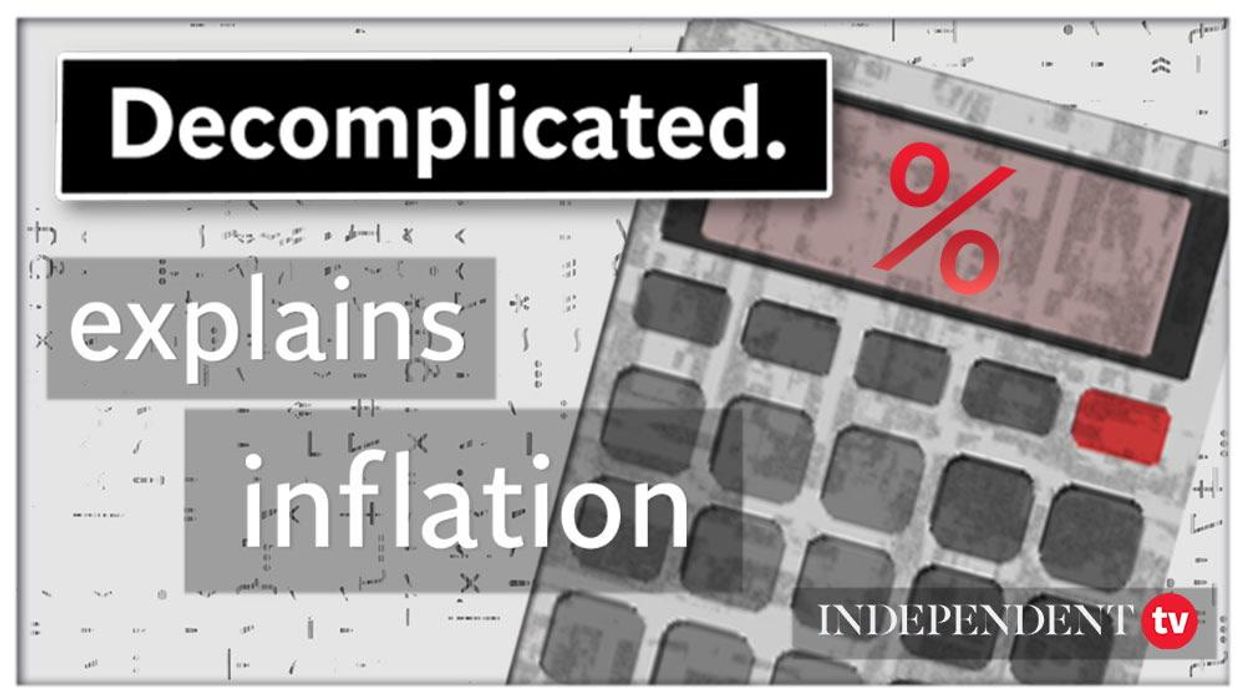The UK inflation rate has hit a whopping 10.1 per cent, making double digits for the first time since 1982.
The Office for National Statistics (ONS) reported the figures which are higher than analysts expected and the Bank of England is predicting it won't go down to the target 2 per cent for about two years
Inflation also happening in the US, and this week US President Joe Biden signed a $740bn climate change, healthcare and tax bill into law known as the 'Inflation Reduction Act'.
Sign up to our free Indy100 weekly newsletter
But what is it and what is causing it?
Here's everything we know:
What is inflation?
Inflation is a measure of how much the prices of goods and services increase over time and is usually measured by comparing prices from a year ago.
Why is it rising?
Russia and Ukraine
The Bank of England's governor Andrew Bailey has said "the Russia shock is now the largest contributor to UK inflation". Petrol and diesel prices are increasing because the war has driven up the cost of crude oil, and food prices have increased as the war squeezes grain production and costs.
Energy bills are also increasing because of the price of oil and gas.
Food prices
The rising cost of food is contributing to inflationary pressures
Covid
Yes, the gift that keeps on giving. When people were locked down and not spending money, inflation was low. Society reopening unleashed pent up demand and drove prices up.
Other factors
The cost of used cars has also risen and is contributing to inflation, ONS says.
Lucky us.
Have your say in our news democracy. Click the upvote icon at the top of the page to help raise this article through the indy100 rankings.














